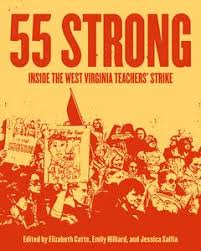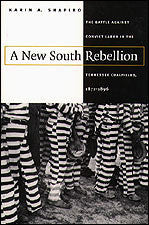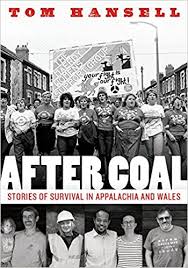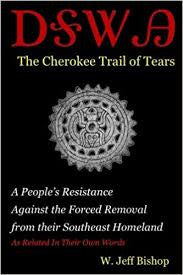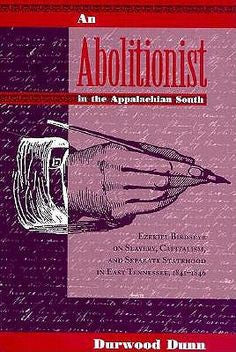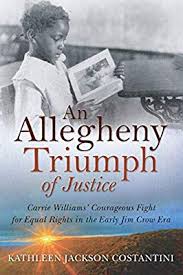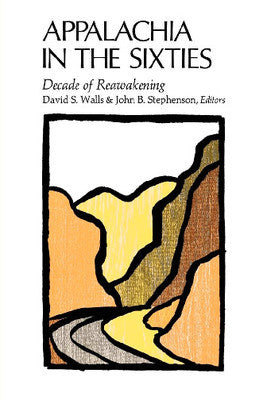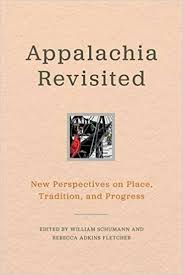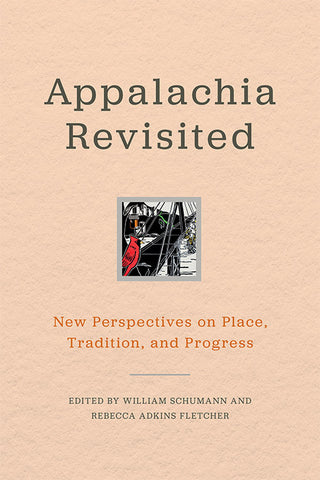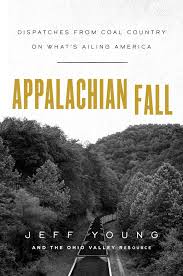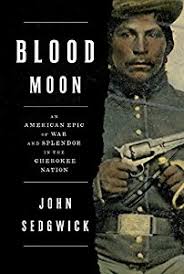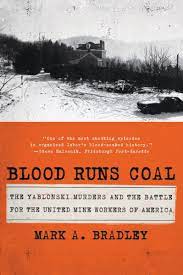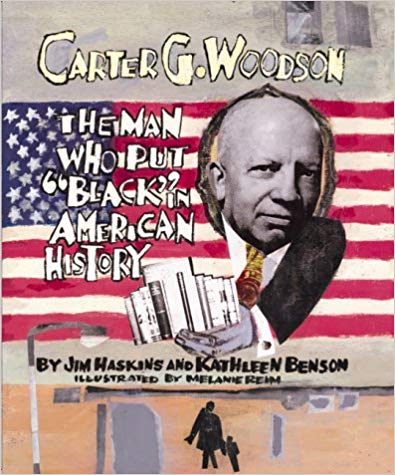Activism and Activists
Our region has a strong and continuing tradition of activist participation in the political process. The first abolitionist newspaper in the United States – The Emancipator - was founded in 1820 and published out of Greeneville, Tennessee, by Elihu Embree. Ezekiel Birdseye (1807-1896) was another early East Tennessee abolitionist. He lived in Cocke County, and Durwood Dunn has published a biography of him. Appalachian coal miners have been among the most militant and active in the region, especially in the 1920s – see, for example, When Miners March - and 1930s – see for example, Harlan Miners Speak. And, of course, Birmingham was a center of Civil Rights activism, explored in many books, including Carry Me Home. One of the leading centers for activist contemplation and training is located in East Tennessee. The Highlander Center was created by Don West and Myles Horton in 1932 on Monteagle Mountain in Tennessee. After it was shut down by the state in 1961, it moved to Riverside Drive in Knoxville, and in 1971 it relocated to its current location near New Market, Tennessee. There are a handful of books about Highlander; the one by Frank Adams provides the most sympathetic treatment, and there are biographies of both Myles Horton and Don West in print as well as a collection of West’s poetry and prose. A recent scholarly book by historian Jessica Wilkerson highlights 1970s female activists in Eastern Kentucky. To my knowledge there is not a broader book about grass-roots activism in Appalachia during that decade, but it was a time of great victories by regional activists - they secured national legislation to compensate victims of Black Lung, to curtail the excesses of strip mining, and to provide for safety in deep mines, and Appalachian miners were instrumental in electing Arnold Miller, a reform candidate for President of the United Mine Workers. Since then activists have resisted mountaintop mining and other contemporary environmental disasters, and authors have recounted those struggles in books like Missing Mountains. Recent activism by teachers in West Virginia is highlighted in the book, 55 Strong, a slogan emphasizing the participation of teachers from all of West Virginia’s 55 counties.
-- George Brosi
